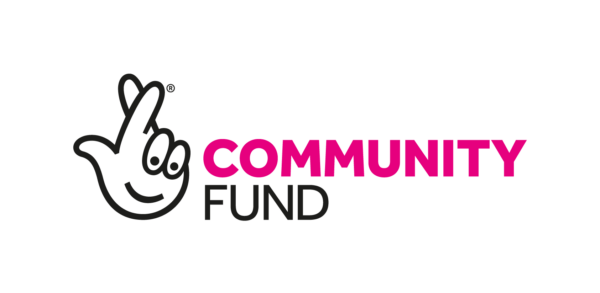Suffering a traumatic or acquired brain injury can lead to life-long disabilities.
In such incidences, Music Therapy (MT) and Neurologic Music Therapy (NMT) can be successfully implemented into a person’s rehabilitation programme alongside Physiotherapy, Speech and Language Therapy and Occupational Therapy, to support/improve goals and outcomes.
NMT is a systematic series of music-based interventions that addresses functional changes for people with neurological disorders. It involves techniques that use the perception, production and performance of music to stimulate, shape, and change movement dynamics, speech and language skills, and cognitive skills.
Music Therapy is an established psychological clinical intervention that supports people’s psychological, emotional, cognitive, physical, communicative and social needs through activities such as playing improvised music on instruments, listening to music, song writing, or learning to use melody and rhythm to support brain functioning.
Music is a language that connects and activates the human brain automatically. In neurorehabilitation, music is used as a treatment modality. The automaticity of response allows healthy and unaffected parts of the brain to be recruited, allowing patients to re-learn functions such as movement or speech, via these new neural pathways.
Remarkably, of all senses, it is hearing that remains sharp following a brain injury. Therefore, as long as a patient can hear, music can be used to stimulate responsiveness, which enhances rehabilitation outcomes.
If, following a TBI, a person is affected so severely that they are deemed to be in a vegetative state or with unknown levels of awareness, the Music Assessment Tool for Awareness in Disorders of Consciousness (MATADOC) is implemented to confirm a diagnosis. The MATADOC is a highly sensitive screening tool that uses a patient’s hearing to identify if a person in a vegetative state can respond at a minimally conscious state level and become more aware of oneself and their environment. Where all other senses fail, hearing is the most acute following a brain injury, and this helpfully underpins the MATADOC.
It’s an important assessment tool because other screening tests may not be sensitive enough to pick up the subtle responses the individual exhibits during on-going therapy.
Following the assessment, implementation of Neurologic Music Therapy enables those living with a TBI or who are deemed in a low arousal state, to be reached in order to help improve their initial diagnosis.
NMT helps redirect functions, stimulating other areas of the brain in order to relearn skills that were lost as a result of the injury. Patients have been known to emerge from a vegetative state with the MATADOC highlighting effective treatment options.
It is important to support the patient’s mental wellbeing following a brain injury and this is where music is able to take rehabilitation to a new level. NMT takes aspects of rehabilitation that may be repetitive & boring (causing disengagement from the patient), and makes them interesting – taking focus off something painful. Neurologic Music Therapy actually makes rehabilitation more engaging, personalised and relevant, and as a result, can help to improve verbal communication, motor control and cognitive function.
Sensory regulation music sessions/groups offer a great way to monitor and provide an enriched and sensory regulated environment, assisting in minimising sensory deprivation and providing structured input to maximise the individual’s ability to process information and respond to stimulation.
Even in a minimally conscious state or severely physically impaired, NMT can help people living with a brain injury to show signs of becoming more responsive, for example, smiling at their name being sung or when their favourite instrument is played.
Implementing Neurologic Music Therapy and Music Therapy into the rehabilitation programme of someone living with a brain injury transforms lives. Both modalities serve to improve psychological, cognitive & functional outcomes and goals, allowing victims of a TBI, a chance at achieving a better quality of life.
QEF are able to offer NMT to all clients who are assessed as having potential to benefit from this type of therapy, at our specialist Care and Rehabilitation Centre just outside Leatherhead, Surrey.
Content provided in partnership with

Thanks to funding from:

© 2025 Queen Elizabeth's Foundation for Disabled People
Website by Out of Place Studio